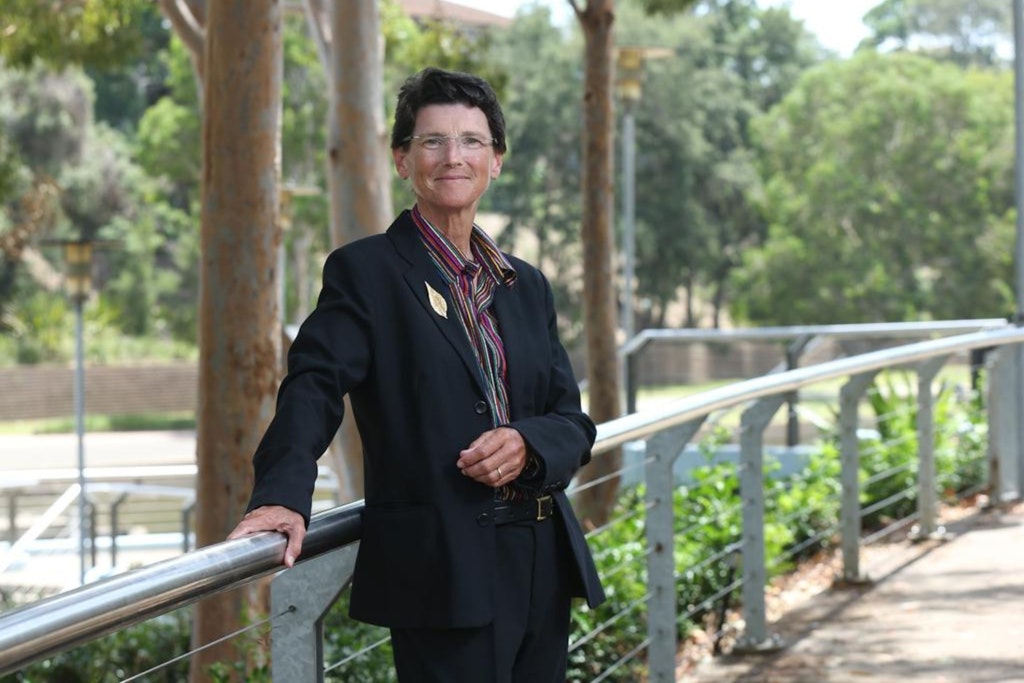Quality and Safety Commissioner confirms consultancy reports were rejected
Published on 8 November 2023 (Last updated on 7 December 2023)

The ongoing inquiry into the Government’s reliance on external consulting firms has resulted in the Aged Care Quality and Safety Commissioner, Janet Anderson, acknowledging that her department has previously rejected reports from the likes of KPMG and RSM as they did not meet the required standards.
Ms Anderson said this was due to the firms being “held to account”, and it is common for reports to be rejected with feedback provided to ensure they ultimately meet the right standards.
However, it still brings into question the $40 million price tag attached to work conducted by consulting firms such as KPMG, Sai Global, RSM and HDAA at a time when potential conflicts of interest are present.
“There have been instances where we have declined to accept one of their reports and have required that they undertake further work on it in order to meet our quality benchmarks,” Anderson told the inquiry.
“I think that the public purse needs to be efficiently spent, and we were determined, and continue to be determined, to get the best possible quality from them.”
The news comes just after KPMG criticised the contents of a submission to the inquiry that featured incorrect information collated by an artificial intelligence (AI) tool.
Pandemic impacted the quality of assessors
- During the full course of 2022, the Federal Government was forced to outsource over two-thirds of aged care audits to external consultants as it struggled with workforce challenges
- This contributed to the creation of an official inquiry into management and assurance of integrity by consulting services
- Consultant firms KPMG and PwC have been a focal point of the inquiry as their work with both the Government and aged care providers raised concerns over conflicts of interest
- Despite claiming they have thorough processes in place to ensure there would be no potential conflicts of interest, at no point did PwC disclose the risk in working for multiple aged care stakeholders
Speaking to the Senate this week, Ms Anderson acknowledged that the COVID-19 pandemic caused a backlog of quality and safety audits as the Commission was unable to visit aged care homes throughout the pandemic. Not only did this result in a need to seek outside help, but it also put a strain on the quality of assessors required to perform the job.
“We were not able to source sufficient numbers of quality assessors and ensure that they were adequately trained and supervised ourselves. In the interests of moving as quickly through the backlog as we could, we approached the market,” Ms Anderson said.
External firms completed over 1,000 audits last year. This has been criticised by industry experts, including David Tune, a former senior public servant. He said in a written report that the Commission’s use of third-party provider assessors was a significant risk and they should seek to reach a better balance by bringing in more in-house talent.
AI use results in false accusations
The past week has also seen KPMG lodge an official complaint regarding a factually incorrect submission presented by a group of academics. The group, featuring specialists in accounting, presented the submission before the inquiry began, urging for the consideration of broad regulation changes. This included a request to split up the big four consulting firms – KPMG, PwC, EY and Deloitte.
One of the report’s authors relied on a tool called Google Bard AI which promotes itself as a conversational AI tool used for collaboration and accelerated productivity.
Unfortunately, the AI program generated false case studies about KPMG, including a 7-Eleven wage theft scandal and their involvement in auditing the Commonwealth Bank. KPMG has confirmed that both examples never occurred with their Chief Executive, Andrew Yates, complaining about the potential for negative repercussions.
“The livelihoods of the more than 10,000 people who work at KPMG can be affected when obviously incorrect information is put on the public record – protected by parliamentary privilege – and reported as fact,” Mr Yates wrote.
“We are deeply concerned and disappointed that AI has been relied upon, without comprehensive fact checking, for a submission to such an important parliamentary inquiry.”
Emeritus Professor James Guthrie has claimed responsibility for the error, acknowledging the errors were regrettable.